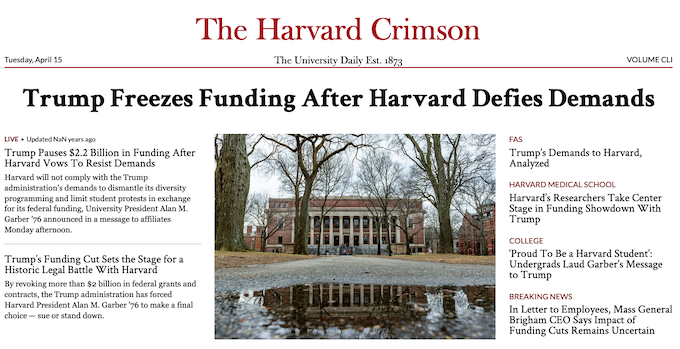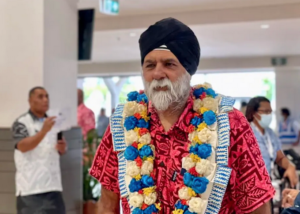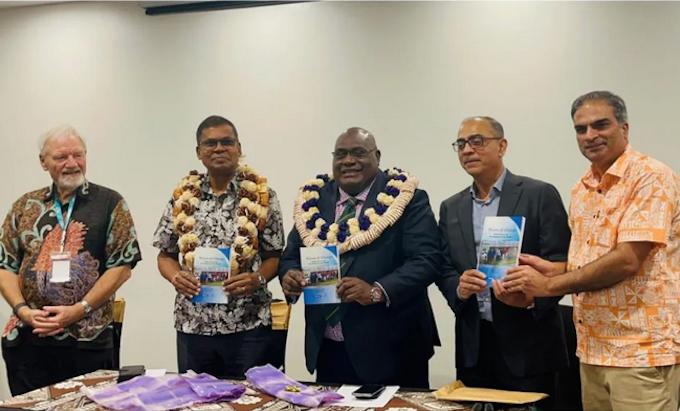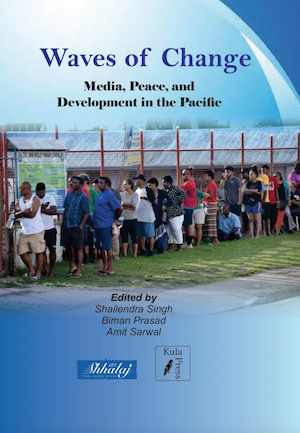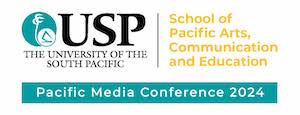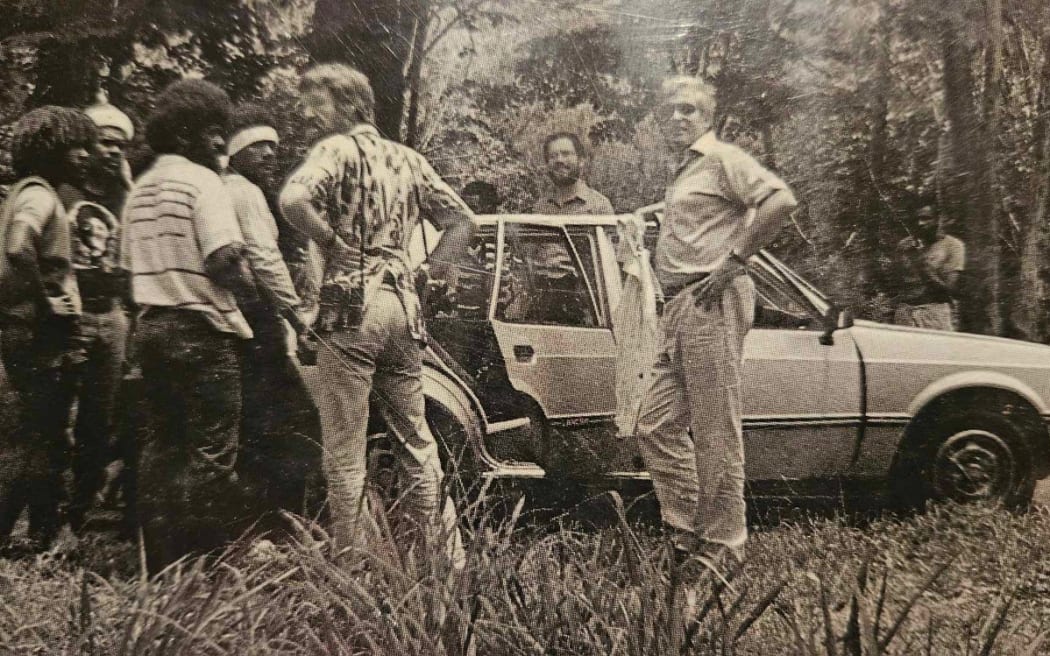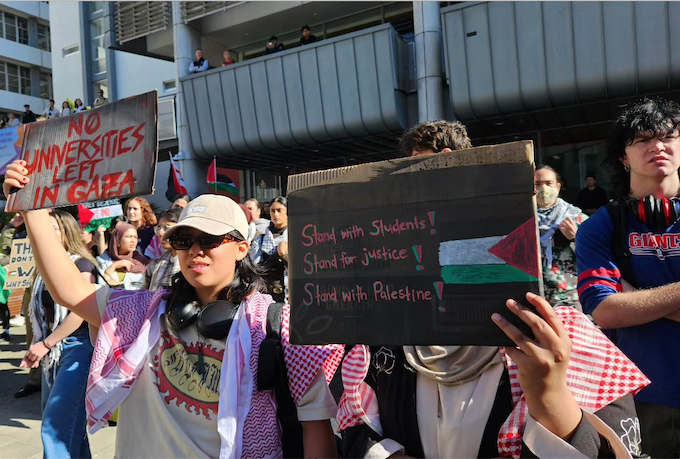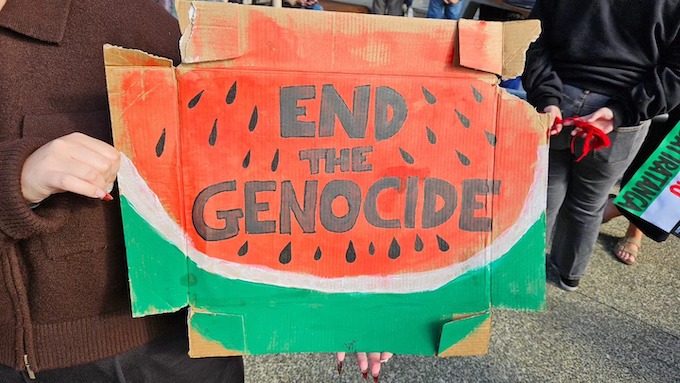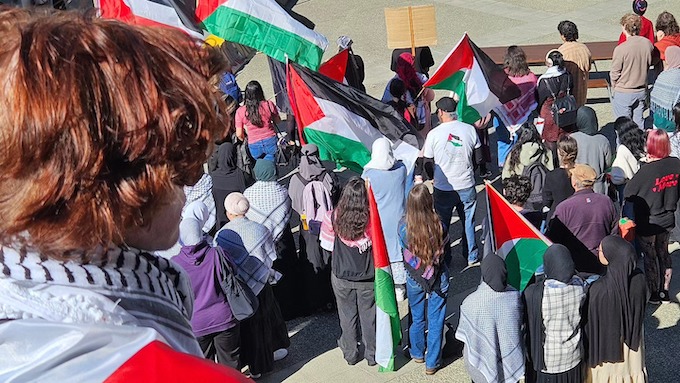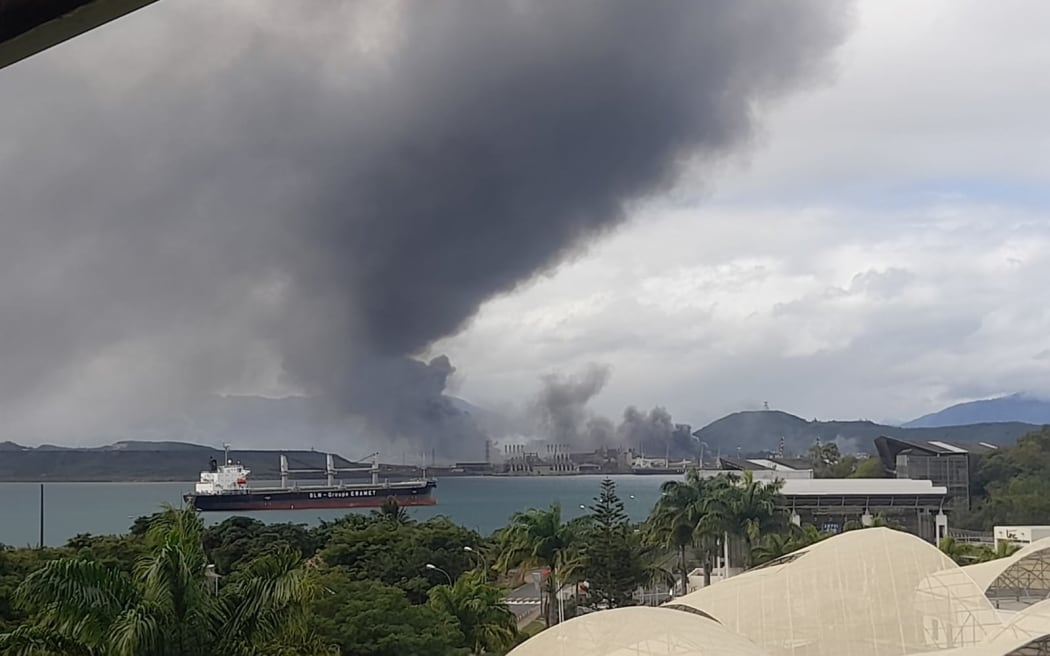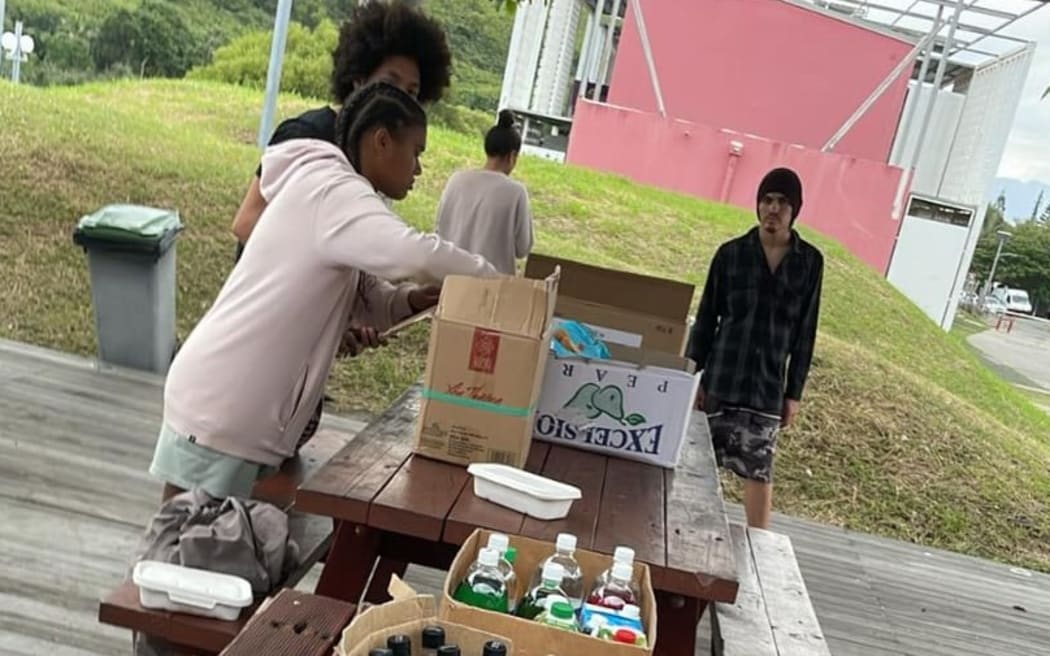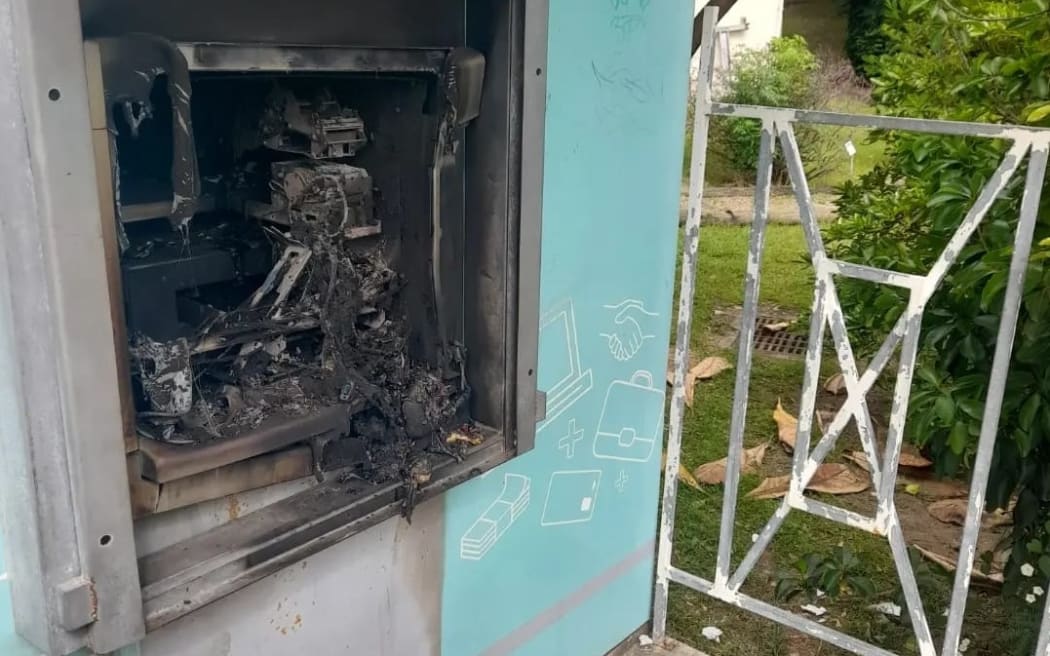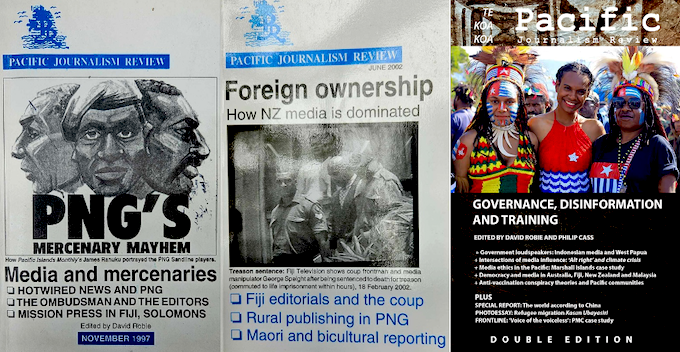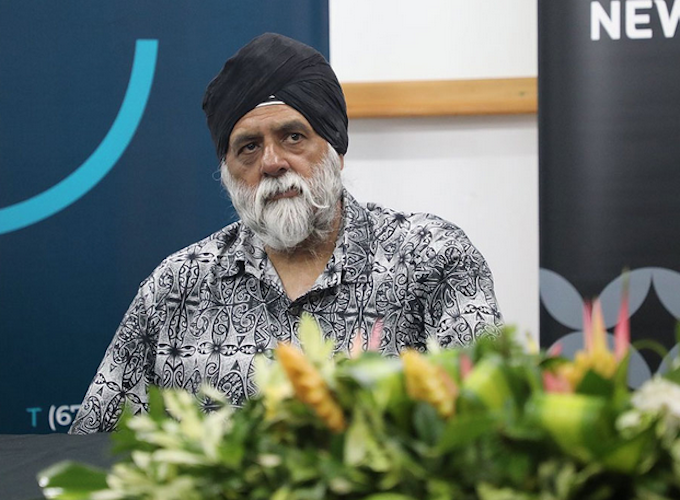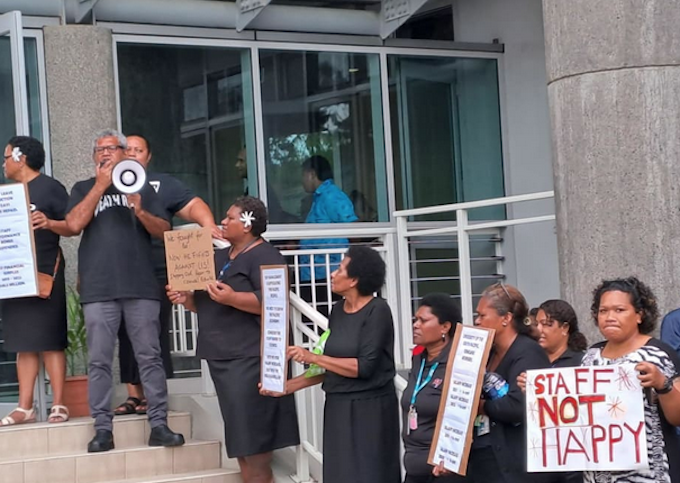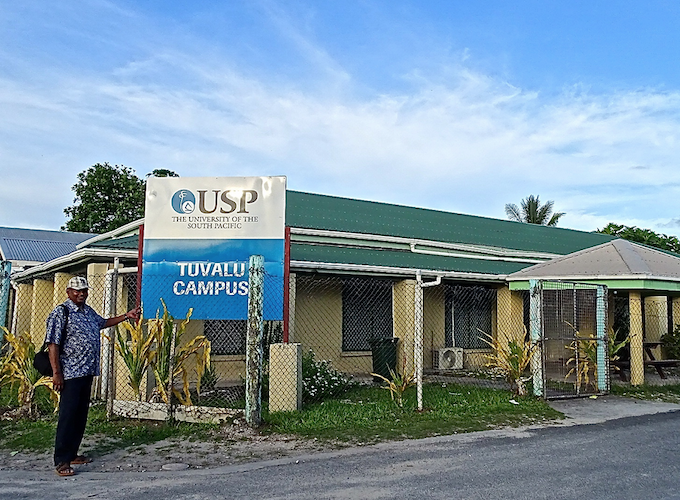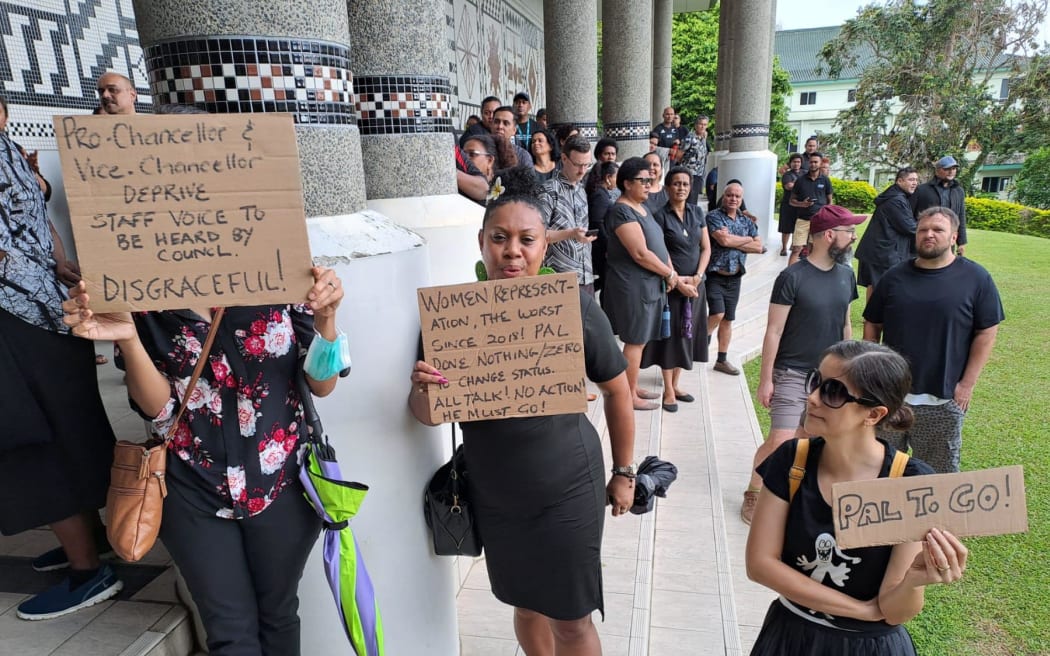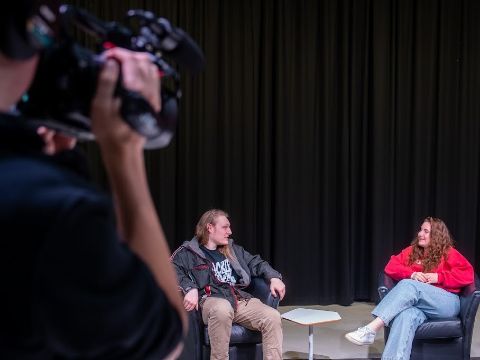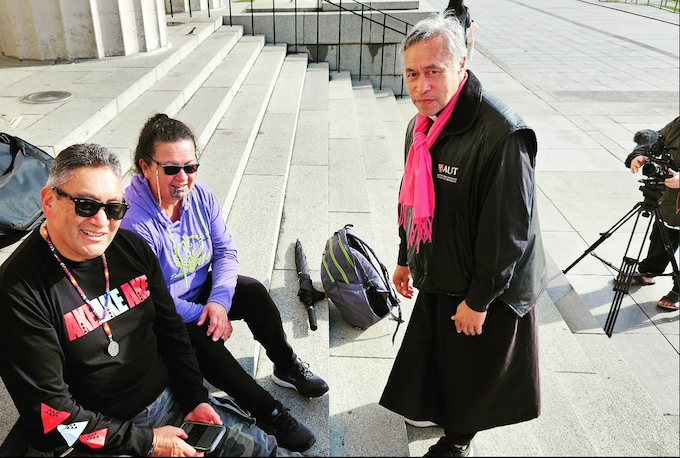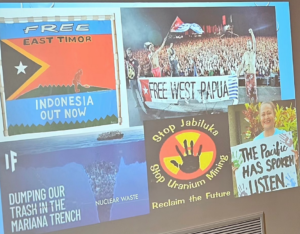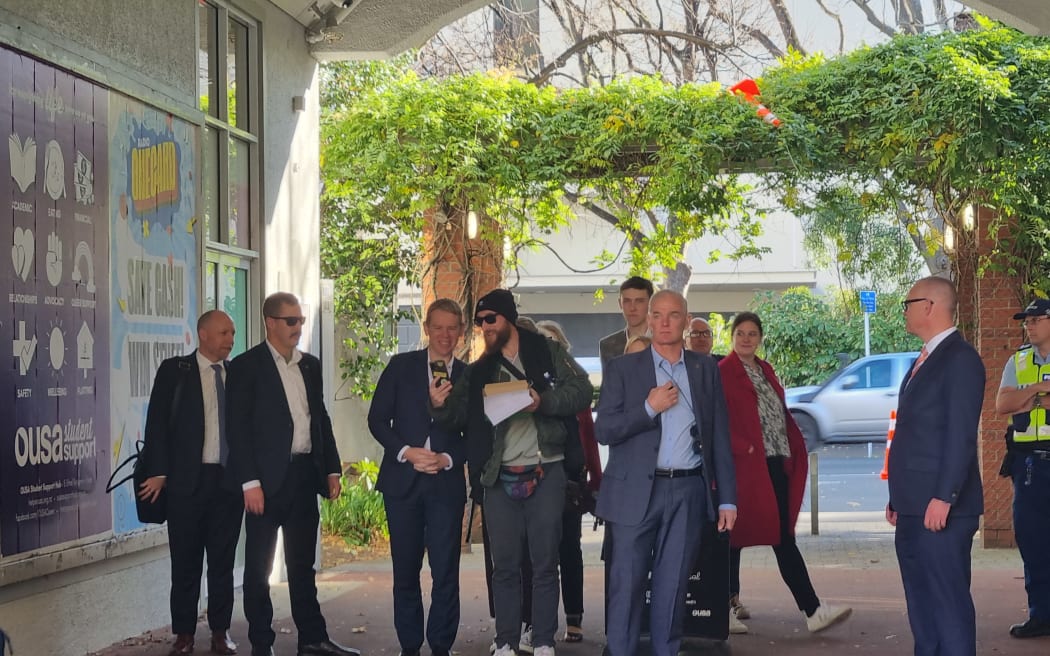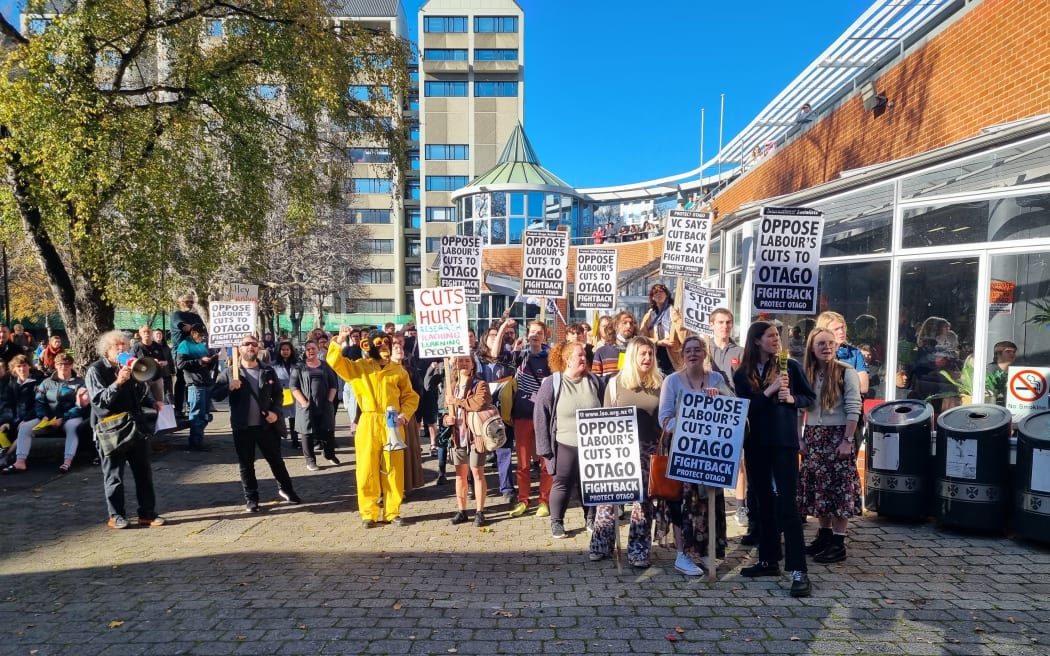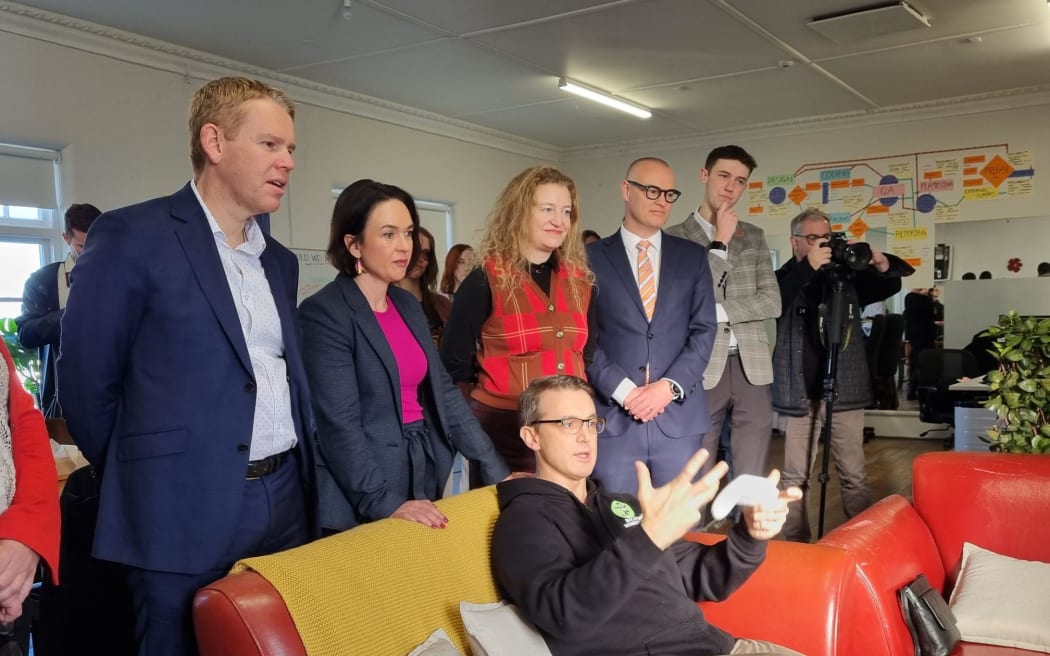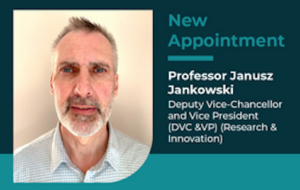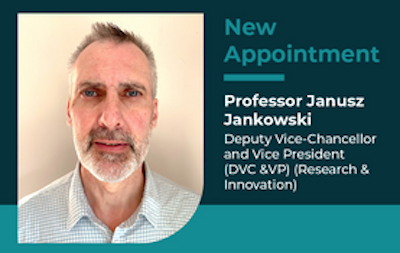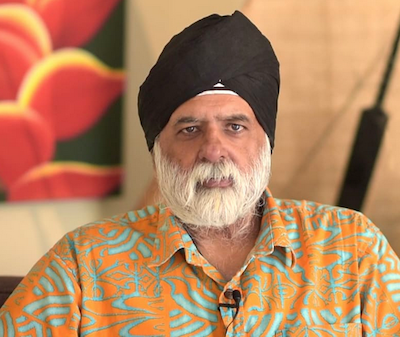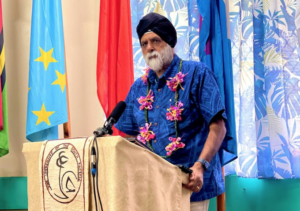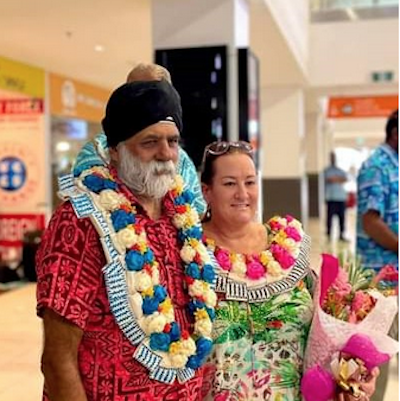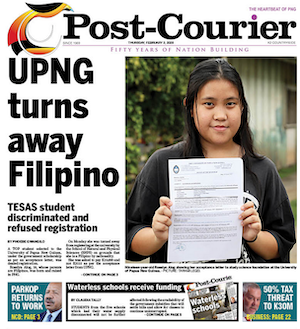COMMENTARY: By Alexandra Wake
Despite all the political machinations and hate towards the media coming from the president of the United States, I always thought the majority of Australian politicians supported the role of the press in safeguarding democracy.
And I certainly did not expect Peter Dutton — amid an election campaign, one with citizens heading to the polls on World Press Freedom Day — to come out swinging at the ABC and Guardian Australia, telling his followers to ignore “the hate media”.
I’m not saying Labor is likely to be the great saviour of the free press either.
- READ MORE: On ‘moral panic’ and the courage to speak – the West’s silence on Gaza
- Trump’s war on the media: 10 numbers from US President’s first 100 days
- Other media freedom reports
The ALP has been slow to act on a range of important press freedom issues, including continuing to charge journalism students upwards of $50,000 for the privilege of learning at university how to be a decent watchdog for society.
Labor has increased, slightly, funding for the ABC, and has tried to continue with the Coalition’s plans to force the big tech platforms to pay for news. But that is not enough.
The World Press Freedom Index has been telling us for some time that Australia’s press is in a perilous state. Last year, Australia dropped to 39th out of 190 countries because of what Reporters Without Borders said was a “hyperconcentration of the media combined with growing pressure from the authorities”.
We should know on election day if we’ve fallen even further.
What is happening in America is having a profound impact on journalism (and by extension journalism education) in Australia.
‘Friendly’ influencers
We’ve seen both parties subtly start to sideline the mainstream media by going to “friendly” influencers and podcasters, and avoid the harder questions that come from journalists whose job it is to read and understand the policies being presented.
What Australia really needs — on top of stable and guaranteed funding for independent and reliable public interest journalism, including the ABC and SBS — is a Media Freedom Act.
My colleague Professor Peter Greste has spent years working on the details of such an act, one that would give media in Australia the protection lacking from not having a Bill of Rights safeguarding media and free speech. So far, neither side of government has signed up to publicly support it.
Australia also needs an accompanying Journalism Australia organisation, where ethical and trained journalists committed to the job of watchdog journalism can distinguish themselves from individuals on YouTube and TikTok who may be pushing their own agendas and who aren’t held to the same journalistic code of ethics and standards.
I’m not going to argue that all parts of the Australian news media are working impartially in the best interests of ordinary people. But the good journalists who are need help.
The continuing underfunding of our national broadcasters needs to be resolved. University fees for journalism degrees need to be cut, in recognition of the value of the profession to the fabric of Australian society. We need regulations to force news organisations to disclose when they are using AI to do the job of journalists and broadcasters without human oversight.
And we need more funding for critical news literacy education, not just for school kids but also for adults.
Critical need for public interest journalism
There has never been a more critical need to support public interest journalism. We have all watched in horror as Donald Trump has denied wire services access for minor issues, such as failing to comply with an ungazetted decision to rename the Gulf of Mexico to the Gulf of America.
And mere days ago, 60 Minutes chief Bill Owens resigned citing encroachments on his journalistic independence due to pressure from the president.
The Committee to Protect Journalists is so concerned about what’s occurring in America that it has issued a travel advisory for journalists travelling to the US, citing risks under Trump administration policies.
Those of us who cover politically sensitive issues that the US administration may view as critical or hostile may be stopped and questioned by border agents. That can extend to cardigan-wearing academics attending conferences.
While we don’t have the latest Australian figures from the annual Reuters survey, a new Pew Research Centre study shows a growing gap between how much Americans say they value press freedom and how free they think the press actually is. Two-thirds of Americans believe press freedom is critical. But only a third believe the media is truly free to do its job.
If the press isn’t free in the US (where it is guaranteed in their constitution), how are we in Australia expected to be able to keep the powerful honest?
Every single day, journalists put their lives on the line for journalism. It’s not always as dramatic as those who are covering the ongoing conflict in the Middle East, but those in the media in Australia still front up and do the job across a range of news organisations in some fairly poor conditions.
If you care about democracy at all this election, then please consider wisely who you vote for, and perhaps ask their views on supporting press freedom — which is your right to know.
Alexandra Wake is an associate professor in journalism at RMIT University. She came to the academy after a long career as a journalist and broadcaster. She has worked in Australia, Ireland, the Middle East and across the Asia Pacific. Her research, teaching and practice sits at the nexus of journalism practice, journalism education, equality, diversity and mental health.
This post was originally published on Asia Pacific Report.
